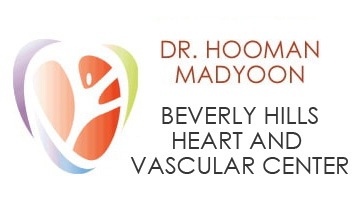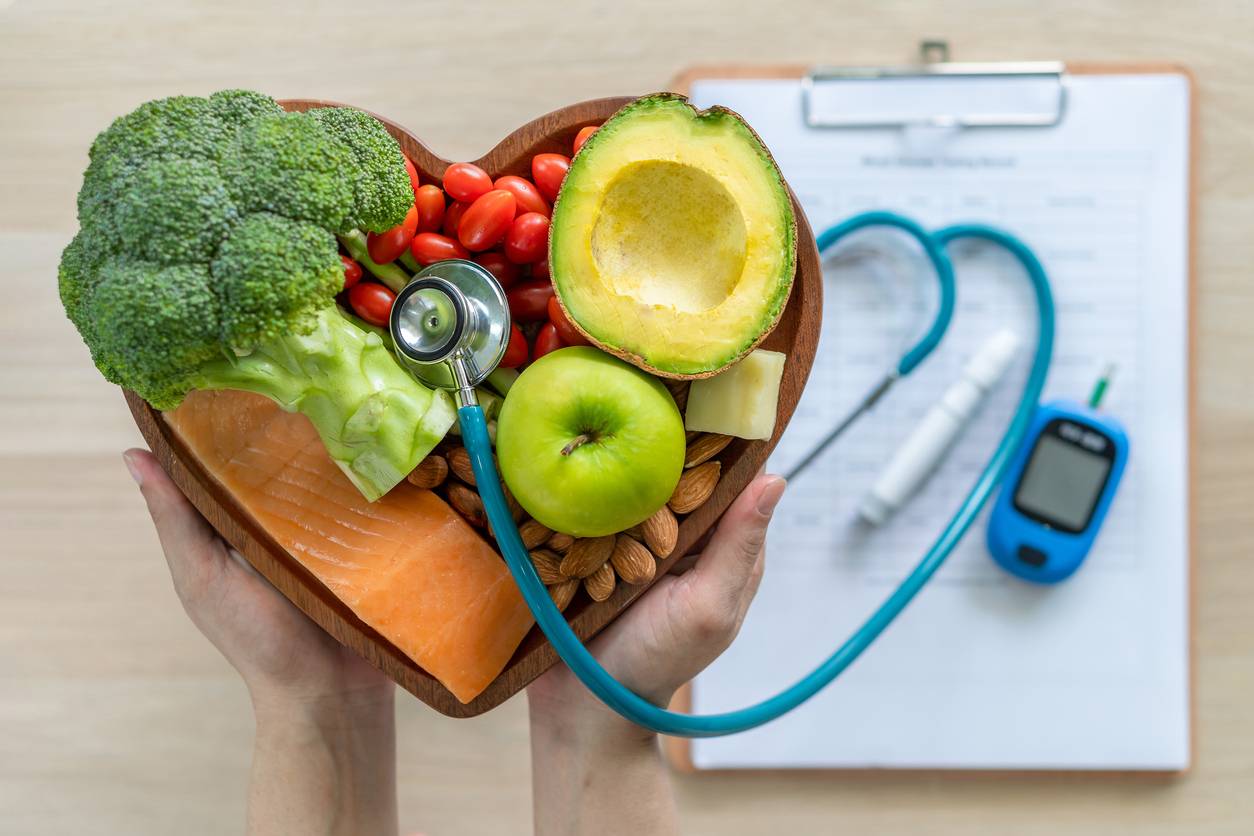Adequate circulation is key to a healthy life, and some foods improve circulation. Blood flow ensures that your organs receive a continuous supply of oxygenated blood, which allows them to function normally. Poor circulation or an interruption in blood-flow could be detrimental to your health and even prove fatal. As a result, it is vital that we give our bodies everything they need to ensure healthy circulation. Often, this comes down to lifestyle choices, including appropriate hydration, regular cardiovascular exercise, and, of course, a diet of nutrient-rich foods.
Foods that Improve Circulation
Here are some of the top foods you should be eating if you’re hoping to improve your circulation.
For more information, visit the best cardiologist Los Angeles has available. As the top vein center Los Angeles can offer, BHVCI is here for all your heart and circulation needs.
Oats:
Are high in fiber. As a nutrient, fiber helps you to feel full, reducing your overall consumption, and keeping your caloric intake in check. Fiber is your best friend if you’re struggling to maintain a healthy weight. Additionally, fiber reduces your cholesterol levels. Other popular sources of fiber include fruit, vegetables, whole grains, and seeds. If you struggle to get enough fiber, then a scoop of flaxseed and chia seeds in a fruit/veggie smoothie is a great way to ensure you’re keeping up.
Kale:
Contains a high percentage of Vitamin K.
Celery and other leafy greens are other great sources. Vitamin K is central to allowing your blood to clot normally and promotes natural circulation as a bonus.
Oranges:
Are an excellent source of bioflavonoids, Vitamin C, and fiber.
However, the majority of these nutrients are stored in the pulp and core of the fruit, so you will want to make sure you’re consuming those parts rather than just sucking the juice out of each segment. If you aren’t fond of oranges, then the white pulp of bell peppers is another excellent source of bioflavonoids, which can help to prevent spider veins from appearing.
Salmon and other fatty fish:
Contain high levels of omega-3 fatty acids.
When consumed, these acids encourage your body to produce nitric oxide, which slightly expands your arteries and blood vessels. If that weren’t enough, omega-3 fatty acids also inhibit clot formation.
Garlic:
Is a natural blood thinner, and a delicious addition to practically any meal.
Unfortunately, if you are already on blood thinners, you will need to speak with your cardiologist at Beverly Hills Vein and Cardiovascular Institute to determine if it is safe for you to eat.
Ginger:
Is one of the most versatile roots available for our consumption.
You can easily incorporate it into a delicious meal, tea, dessert, or smoothie to benefit from its anti-inflammatory priorities. Not only is it great for treating nausea and congestion, but ginger actively increases your blood circulation.
Cayenne Peppers:
Contain vasodilators. These actually expand the arteries and blood vessels to a small degree, generally improving circulation. The spice turmeric and beets contain similar compounds if you prefer a less-spicy approach. The chemical that gives the cayenne pepper its flavor also has the effect of lowering your blood pressure, giving cayenne pepper the ability to improve circulation in two ways.
Tomatoes:
Show some evidence of being able to reduce the effect of an enzyme that would normally help your blood vessels to constrict as a way of controlling blood pressure.
Studies are still being done, but tomatoes also contain a good helping of Vitamin C, Vitamin K, and fiber, so they’re a good choice either way.
Practicing Self-Care
Although exploring better dietary options is always a good idea, it may not be enough to treat an ongoing condition. For people experiencing potential cardiovascular symptoms, it’s vital that you seek the aid of a cardiologist. At Beverly Hills Vein and Cardiovascular Institute, Dr. Madyoon can help to evaluate your current condition and determine if any other medical treatments are necessary to keep you healthy.

